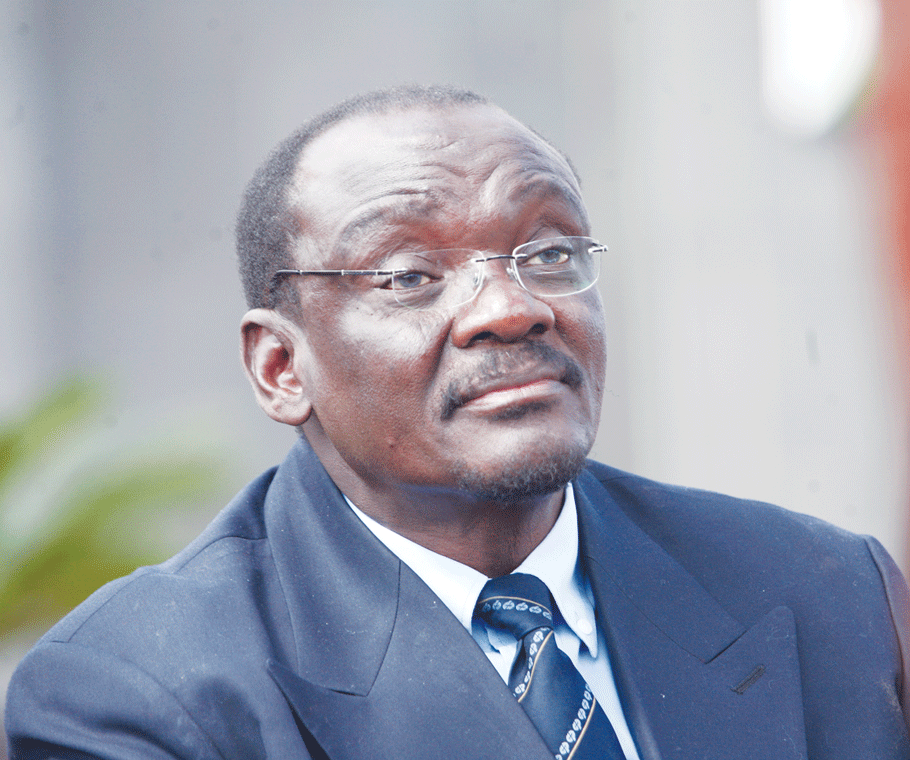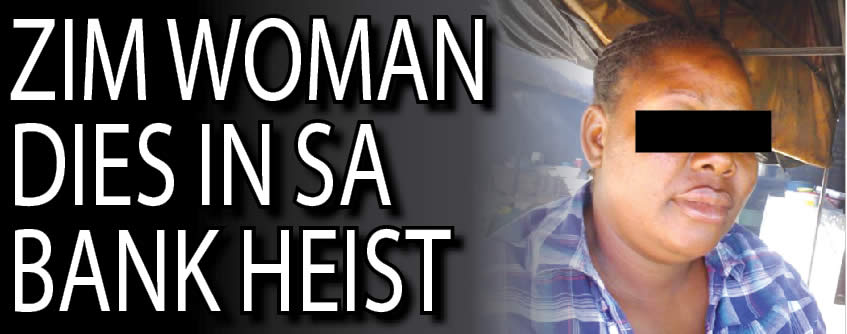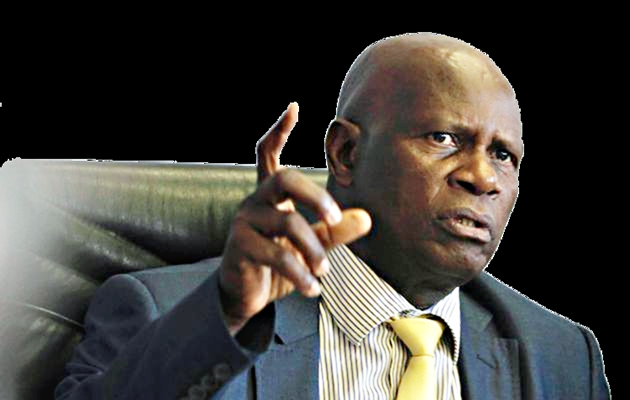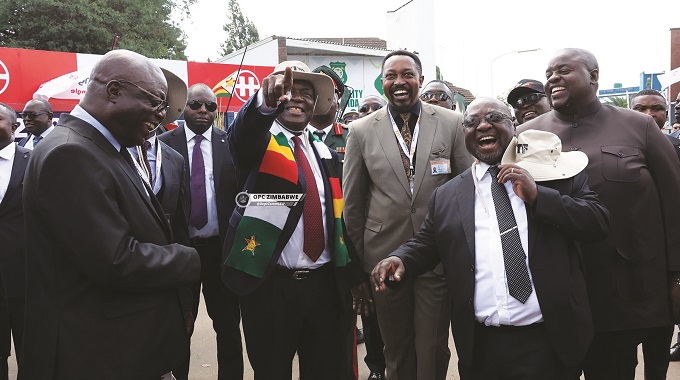Spot fines to be addressed: Mohadi

Pamela Shumba and Clemence Manyukwe
HOME Affairs Minister Cde Kembo Mohadi yesterday said the government is going to address the contentious issue of spot fines but could not immediately reveal the ministry’s position on the matter. Cde Mohadi told The Chronicle that government would soon interrogate the matter further and map the way forward.
“This issue has been debated for too long unnecessarily in the media. We’ll have to interrogate it further and come up with the way forward and this would be done outside the glare of the media,” said Cde Mohadi in an interview.
He could not be drawn into revealing when the interrogations would start.
The minister’s position follows High Court judge Justice Francis Bere’s address at the occasion to officially open the Masvingo High Court Circuit in which he said there was no law or legal framework compelling police to demand spot fines or impound anyone’s vehicle.
On Wednesday it emerged that High Court judges both in Harare and Bulawayo had previously ruled that the collection of spot fines was illegal.
On Tuesday, the police urged the public to ignore contrary statements, saying nothing had changed in terms of the procedures that empower the Zimbabwe Republic Police to accept the fines.
The decision by the police to dig in over the spots fines appear motivated by inadequate budgetary support from treasury, a situation that has seen it reeling from an $87 million debt.
A recent report by the Parliamentary Committee on Defence, Home Affairs and Security Services chaired by Zanu-PF Bubi MP Clifford Sibanda, shows that the Ministry of Home Affairs, under whose portifolio the police falls, was allocated $410 million, but 91,6 percent of that would be chewed by salaries.
This leaves less than nine percent for operations of the ministries’ eight departments that include the police, the Registrar General’s Office; the Zimbabwe Anti-Corruption Commission, the Immigration Department and the Censorship Board.
According to the parliamentary report, the police debt has been mounting since 2009 when the country adopted the use of multi-currencies.
“Notable financially distressed departments are the ZRP whose debt is ballooning since 2009 and is now at $87,851,572. However, the debt was not provisioned for in the 2015 budget,” reads part of the report.
“The debt arose from non-payment of services rendered by both private and public sector organisations. The services include accommodation, transport, utilities, office materials and communication.”
The parliament committee said failure to pay the debt will further strain the already financially stressed companies that provided goods and services to the ministry.
The police appear to be leaning on the force’s controversial retention scheme and spot fines to sustain themselves in the face of inadequate funding, but they have faced opposition from some quarters.
Presenting the Budget and Finance parliamentary report last December, Zanu-PF Mutoko South MP, who is also the committee’s chairperson, David Chapfika said: “All revenues collected by government institutions or departments be forwarded to the Consolidated Revenue Fund for effective allocation to critical priority areas determined by the Ministry of Finance and Economic Development.”










Comments